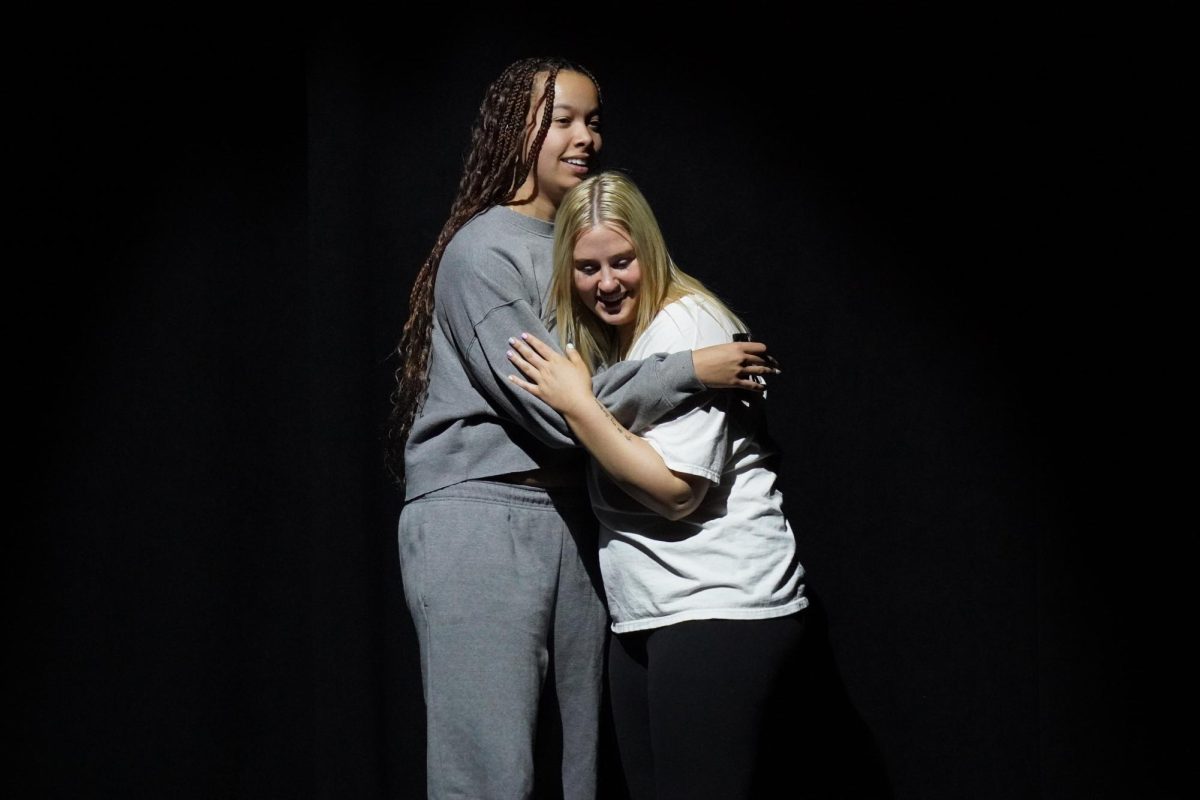The creation of the cell phone in the 1970s was inspired by the ‘Star Trek’ communicator, the first liquid fueled rocket came to life after its inventor read HG Wells’ ‘War of The Worlds.’ Science fiction has played a role in the creation of science and technology for decades. While art and science might seem like an unlikely pair, Sonoma State University’s Arts and Humanities school sees the value in the work being done through science fiction and has rolled out a sci-fi focus connecting the Humanities and Science.
Hollis Robbins, the Dean of the Arts and Humanities school at Sonoma State has spearheaded an initiative to bring more Science Fiction to Sonoma State. With a focus on bringing science fiction focused classes to students across multiple areas of studies like Philosophy, English and American Cultural Studies with more to be added in the coming year.
Dean Robbins and the Arts and Humanities department are also working on a Speaker Series that will bring professionals who have worked on films such as Star Wars and Indiana Jones to talk to Sonoma State students and faculty.
In 2018 when Dean Robbins arrived at Sonoma State, she saw the immense talent in the faculty who had written novels, made documentaries, and created art through science and science fiction as well as those who were teaching science fiction texts and how that was benefiting students. Dean Robbins stated, “Science fiction is about what can be, what might be… Investing in science fiction to me means encouraging students to envision a better world and supplying them with the tools to begin to make it happen.”
One of the many faculty that Dean Robbins mentioned is Stefan Kiesbye, a Sonoma State professor of creative writing and a novelist who teaches science fiction writing, “Literature, since its very beginning, has grappled with the questions of why we are on this planet, what the purpose of life might be, and who else may inhabit the universe. With the help of science, literature is exploring what our future could look like,” Kiesbye stated.
Kiesbye spoke to the value of creating work that focuses on the future and why it is important to teach science fiction, “Writers have tried to imagine the future by studying what science teaches us about the present. Science fiction is our crystal ball, but it is also a very effective way to view our world from a distance and critique the present. In some ways, science fiction is always more about who we are than who we might become.”
While art is inspired by science, science is inspired by art. Kevin Nguyen, a professor of STEM education specializing in science and engineering, loves to teach science fiction and uses it as a tool to connect students with the material. Nguyen stated that science is taught in a “fact or fiction” way adding, “science fiction allows you to have a conversation about science that makes it more fun and engaging. It’s a really great way for students to get involved with science without having the fear of being wrong”
Art and science are very interconnected and influence each other, “it’s important to bring them back together, we separate all our disciplines and to acknowledge there’s so much art and beauty already in science is important,” stated Nguyen.
This new initiative from the Arts and Humanities department will give students the resources and abilities to create what the future might look like. In the MIT Technology Review they said, “Indeed, technology companies increasingly employ futurists who use science fiction as a medium for exploring potential new technologies and their social impact.” This initiative will help make students a better candidate for future employers.
The ‘Sci-Fi at Sonoma State’ webpage will be updated periodically featuring work by Sonoma State teachers, a list of all the classes being offered that have a sci-fi focus, speaker series updates and additional information for students who are interested and to see what is to come.





![[Both photos courtesy of sonoma.edu]
Ming-Ting Mike Lee stepped in as the new SSU president following Sakakis resignation in July 2022](https://sonomastatestar.com/wp-content/uploads/2024/04/CC4520AB-22A7-41B2-9F6F-2A2D5F76A28C-1200x1200.jpeg)



























